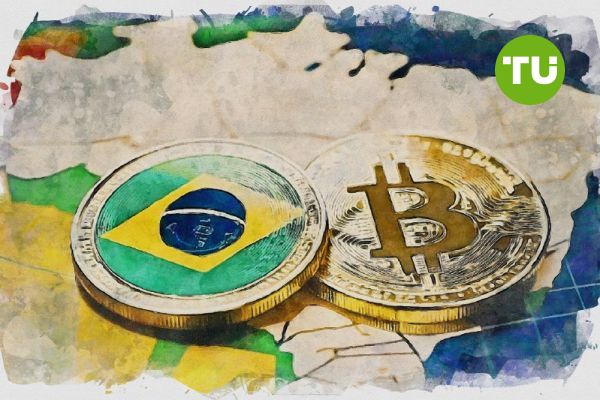Brazilian economist pushes Bitcoin as safer alternative to traditional finance
 Bitcoin is the safer alternative to traditional finance
Bitcoin is the safer alternative to traditional finance
In a rare endorsement from a high-ranking member of Brazil’s left-leaning government, Pedro Giocondo Guerra, Chief of Staff to Vice President Geraldo Alckmin, is advocating for the creation of a national Bitcoin reserve.
The proposal, Guerra argues, could support critical public investments in sanitation, education, and infrastructure—without deepening the country's debt, according to Livecoins.
“Bitcoin offers answers by adhering to fundamental principles of scarcity and value preservation,” Guerra said during a recent appearance on economist Fernando Ulrich’s podcast. “If we want more investment in school infrastructure and communications, we need money that holds its purchasing power.”
Guerra first introduced the idea during a speech on March 25 at the Parliamentary Front for a Competitive Brazil. He expanded on it this week, presenting Bitcoin as a financial instrument born from the failures of traditional systems exposed by the 2008 crisis.
A digital hedge for national development
While Bitcoin remains controversial among leftist circles, Guerra contends that the technology aligns with the goals of a more efficient and future-oriented State. He dismissed other crypto assets for lacking decentralization and criticized the focus on blockchain over Bitcoin itself.
The proposal also intersects with Brazil’s broader efforts to stabilize its debt trajectory through a new fiscal regime and pending tax reforms. Guerra believes a Bitcoin reserve could help diversify Brazil’s financial holdings and improve long-term fiscal sustainability.
“There’s still a long road ahead,” he acknowledged, noting that governance frameworks would be essential. Still, Guerra says the internal response within the government has been “very positive,” hinting at a growing openness to Bitcoin at the highest levels of Brazilian politics.
Meanwhile, Brazil has solidified its status as a global leader in crypto, with 26 million citizens—16% of the population—owning digital assets. This ranks the country sixth worldwide in crypto adoption, highlighting its growing impact in the sector.













































































































































